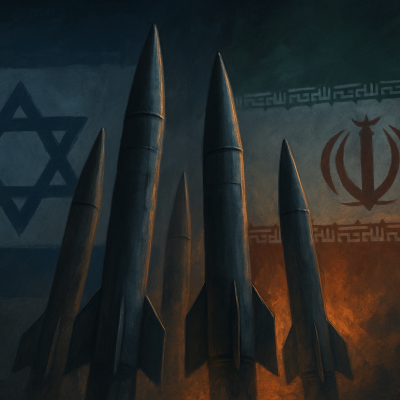Satoshi Ikeuchi, Professor, Religion and Global Security, University of Tokyo
Iranian President Hassan Rouhani visited Japan from December 20 to 21. It was the first visit of an incumbent Iranian president since Mohammad Khatami in 2000. The visit was part of his trip to Asia, on the way back from Malaysia for his appearance at the controversial Islamic Summit in Kuala Lumpur which was hosted by Malaysian Prime Minister Mahathir Mohamad.
Contrasted with Rouhani’s conspicuous appearance in the Kuala Lumpur Summit along with the vehement Turkish President Recep Tayyip Erdogan and tenacious Qatari Emir Tamim bin Hamad Al Thani, Rouhani kept low-key attitude on his visit to Tokyo, reiterating that his visit would be of bilateral nature and suggesting it’s not anticipating a drastic overture during his visit in its confrontation with the United States and the heightened tension with the Gulf Arab countries.
Japan reciprocated by its subdued reception of this historic visit. Talks on two ultimate goals for both sides, Japanese Prime Minister Shinzo Abe’s hidden ambition to mediate between President Trump and the Iranian leadership on the one hand, and Iran’s desire for the resumption of oil exports to Asian countries on the other, were shut away from the public statements of two leaders.
Officially, meetings were presented as if it was a ceremonial visit in return for Abe’s visit to Iran in June in the occasion of the 90th anniversary of the establishment of diplomatic relationship between Japan and the Islamic Republic of Iran.
After the meetings with Prime Minister Abe, President Rouhani welcomed Japan’s plan not to join US-led naval coalition in the Gulf to send vessels of Maritime Self-Defense Force to areas outside the strait, to the Bab el-Mandeb Strait and the Sea of Oman, to gather intelligence. Rouhani’s endorsement of the deployment was a modest but sufficient gain for the Japanese government.
Japan’s asset in the Middle East is its cordial and long-term bilateral relations with all of regional powers. Maintaining this multiple bilateral relationship between opposing camps is Japan’s choice, though with much difficulty in recent years.
Japan does not have any colonial past with any Gulf and Middle Eastern countries. This fact does not necessarily entail Japan’s advantage in the region. Having no colonial relationship often means having less tools and knowledges to influence situation on the ground, but at least Japan is exempt from deep-rooted enmities of the Middle Eastern people.
Japan’s source of advantage is its innocence in most of the sins committed by the outside and inside powers in the Middle East. This strategic innocence (or we might call it wryly the strategic ignorance) is where the space for constructive ambiguity arises.





